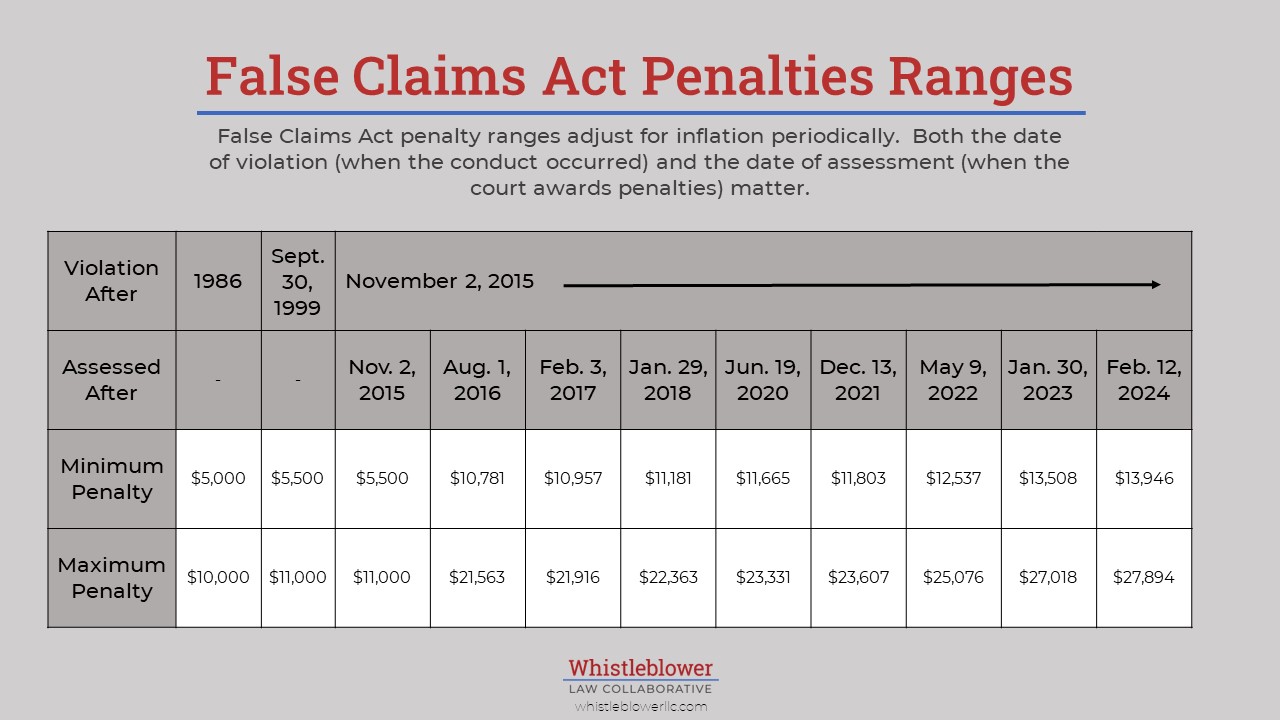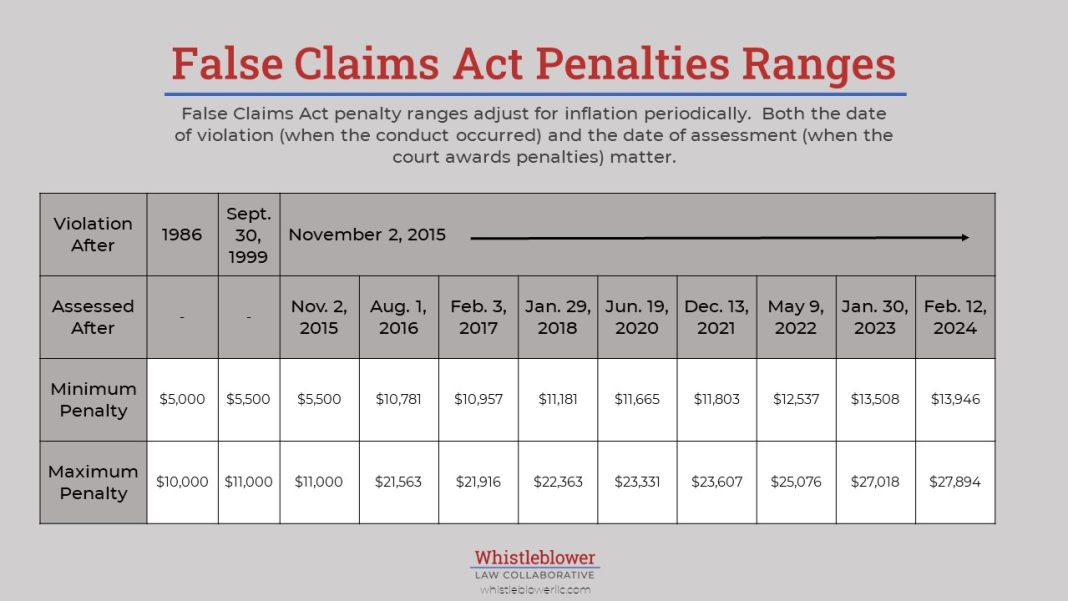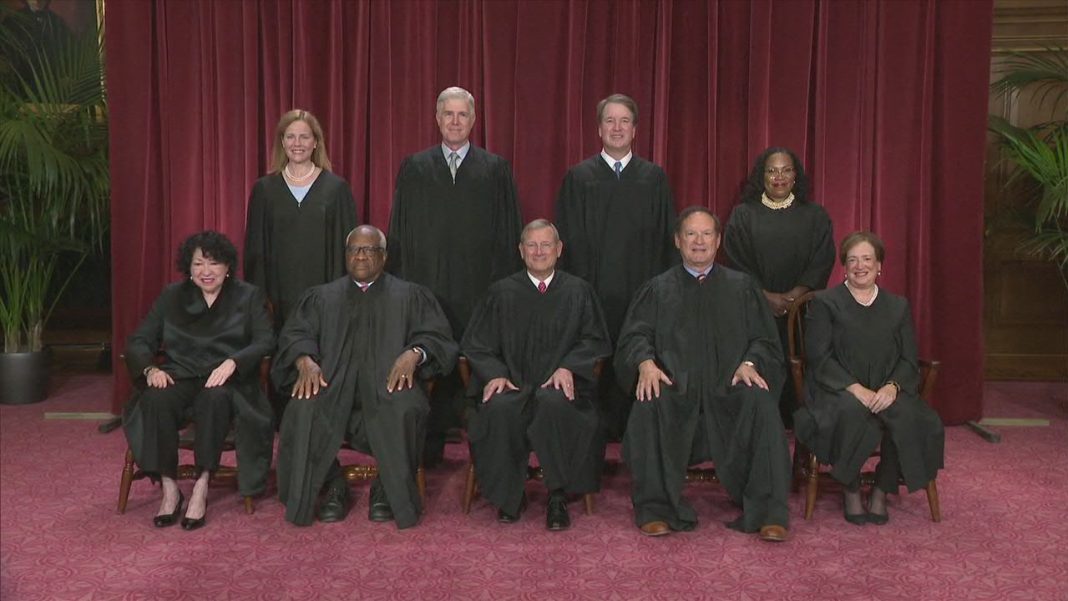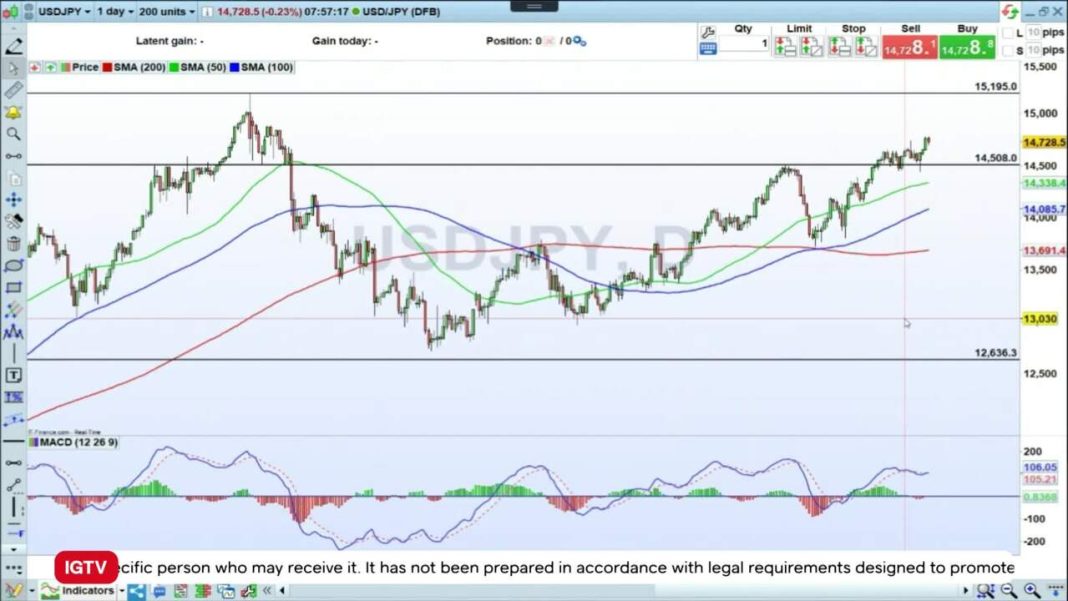 US President Joe Biden’s administration has announced that it will impose inflation penalties on 64 prescription drugs for the third quarter of this year. This move aims to lower costs for older Americans enrolled in Medicare and is part of Biden’s efforts to reduce drug prices in the country.
US President Joe Biden’s administration has announced that it will impose inflation penalties on 64 prescription drugs for the third quarter of this year. This move aims to lower costs for older Americans enrolled in Medicare and is part of Biden’s efforts to reduce drug prices in the country.
Under a provision of the Inflation Reduction Act, drugmakers are required to pay rebates to Medicare if they increase the price of a medication faster than the rate of inflation. This is separate from another provision that allows Medicare to negotiate lower drug prices with manufacturers. The goal is to address the issue of Americans paying two to three times more than patients in other developed nations for prescription drugs.
The announcement means that some patients will pay a lower coinsurance rate for the 64 drugs covered under the penalty. These drugs fall under Medicare Part B and the reduced costs will be applicable from July 1 to Sept. 30. According to the administration, Medicare Part B patients may save as much as $4,593 per day if they use these drugs during the quarter. It is estimated that over 750,000 Medicare patients use these drugs annually.
The list of drugs includes treatments for various conditions such as cancer, certain infections, and osteoporosis. Among them are Bristol Myers Squibb’s Abecma, a cell therapy for multiple myeloma, and Pfizer’s Adectris, a targeted cancer treatment for certain lymphomas. The list also includes Astellas Pharma and Pfizer’s Padcev, a targeted cancer treatment for advanced bladder cancer.
The Biden administration specifically highlighted Padcev, stating that its price has consistently increased faster than inflation since the Medicare inflation rebate program was implemented last year. The Inflation Reduction Act aims to protect seniors from excessive price hikes imposed by pharmaceutical companies.
Neera Tanden, White House domestic policy advisor, expressed the importance of the Inflation Reduction Act in protecting seniors from rising drug prices. She emphasized that seniors are no longer exposed to the price hikes of big pharmaceutical companies.
The Centers for Medicare & Medicaid Services plans to send invoices to drugmakers in 2025 for the rebates owed to the program. This will ensure that the penalties are enforced and that the pharmaceutical companies are held accountable for their pricing practices.
In December, President Biden released a list of 48 prescription drugs that would be subject to inflation penalties during the first quarter of 2024. These measures reflect the administration’s commitment to addressing the issue of high drug prices and making healthcare more affordable for Americans.
Overall, the imposition of inflation penalties on prescription drugs is a significant step towards reducing healthcare costs for older Americans and addressing the issue of inflated drug prices in the United States. The Inflation Reduction Act, along with the provision allowing Medicare to negotiate lower drug prices, shows the Biden administration’s dedication to making healthcare more accessible and affordable for all Americans.


